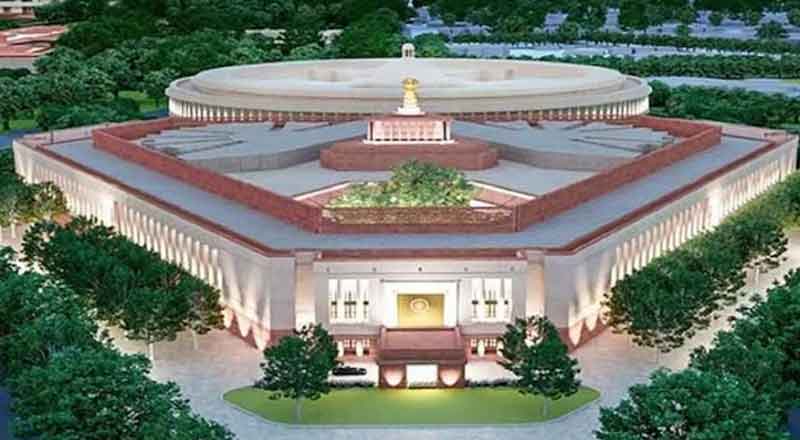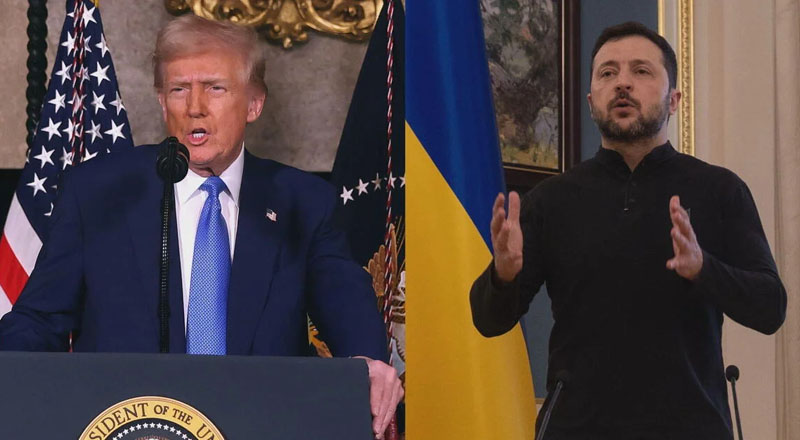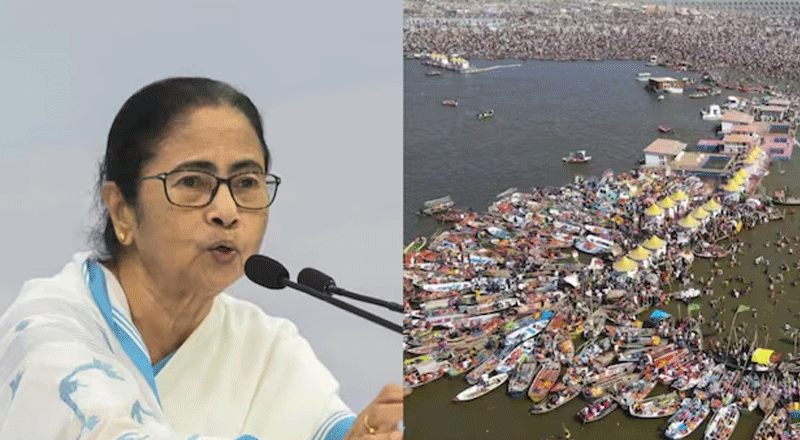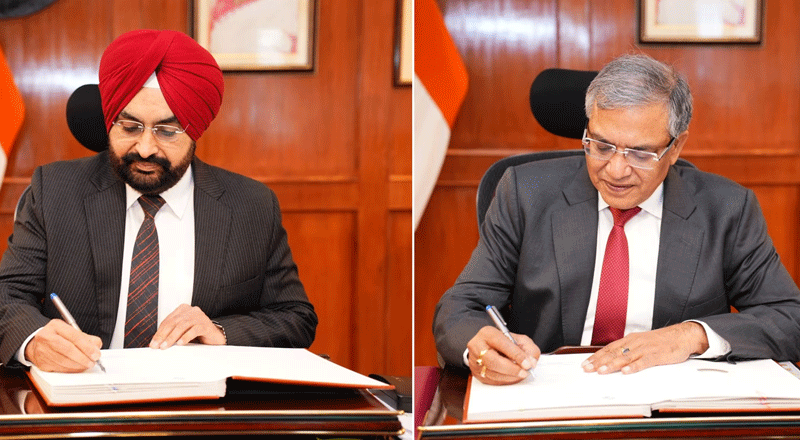- The Winter Session of the Indian Parliament is slated to start on December 4, and will continue till December 22, Parliamentary Affairs Minister Pralhad Joshi said.
- The Winter Session of Parliament will have a total of 15 sittings and continue for 19 days.
- According to reports, several pending key bills are likely to be taken during the session.
- The winter session usually begins around November, but owing to assembly elections in five states it has been deferred to December.
- Though it is not declared officially what bills would be taken up in the session, it is widely believed that legislation pertaining to appointing the Chief Election Commissioner (CEC) and Election Commissioners (EC) would be taken up.
- Another key legislation would be tabled that seeks to replace the Indian Penal Code, Criminal Procedure Code, and the Evidence Act during the session as the standing committee on Home has already adopted the three reports recently.
- The report of the Ethics Committee on the ‘cash-for-query’ allegations against TMC MP Mahua Moitra is also expected to be tabled in the Lok Sabha during the session.
The Winter Session of Parliament is set to commence in the second week of December and will conclude ahead of Christmas. Parliamentary Affairs Minister Pralhad Joshi said that the session will commence on December 4 and continue till December 22.
Joshi further stated that the Winter Session will have a total of 15 sittings and continue for 19 days. “Amid Amrit Kaal looking forward to discussions on Legislative Business and other items during the session,” he added.
Three key bills that seek to replace the IPC, CrPC, and the Evidence Act are likely to be taken up for consideration during the session as the standing committee on Home has already adopted the three reports recently.
Another key bill pending in Parliament relates to the appointment of the chief election commissioner and election commissioners. Introduced in the Monsoon session, the government had not pushed for its passage in the special session of Parliament amid protests from the Opposition and former chief election commissioners as it seeks to bring on par the status of the CEC and ECs with that of the cabinet secretary. At present, they enjoy the status of a Supreme Court judge.
The Winter Session is usually held in November or December. It serves as the last parliamentary session of the calendar year. Its main purpose is to ensure a comprehensive review of the government’s policies and initiatives, allowing Members of Parliament to critically analyze their effectiveness.
On August 11, Union Home Minister Amit Shah introduced three bills in the Lok Sabha that aim to repeal and replace the Indian Penal Code (IPC), the Code of Criminal Procedure (CrPC), and the Indian Evidence Act, which were enacted during the British rule in India.
The bills are: the Bharatiya Nyay Sanhita Bill, 2023, which will replace the IPC, 1860, the Bhartiya Nagrik Suraksha Sanhita Bill, 2023, which will replace the CrPC 1898; and the Bharatiya Sakshya Bill, 2023, which will replace the Evidence Act, 1872.
The report of the Ethics Committee on the ‘cash-for-query’ allegations against TMC MP Mahua Moitra is also expected to be tabled in the Lok Sabha during the session. The House will have to adopt the report before the expulsion recommended by the panel comes into effect.
This session witnesses the introduction of bills, discussions on pending legislation, and the examination of the government’s performance through questions, motions, and debates. The Winter Session is vital for fostering accountability and transparency in governance.
(With inputs from agencies)





